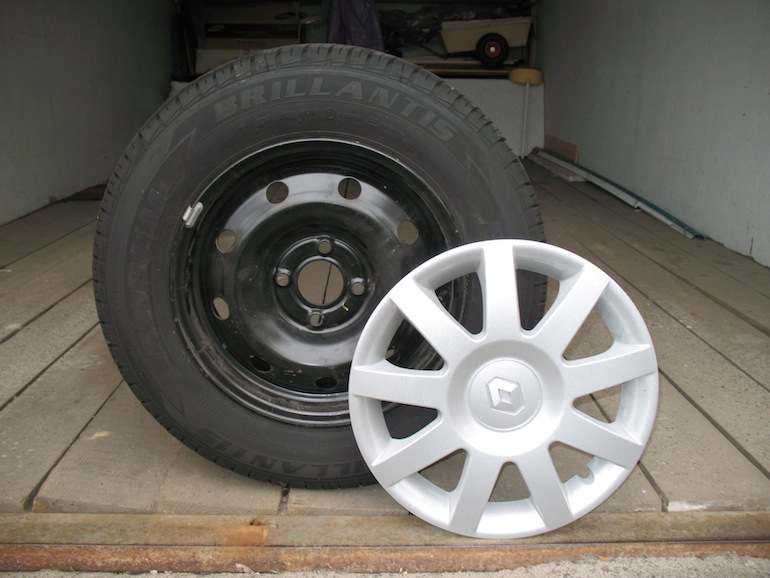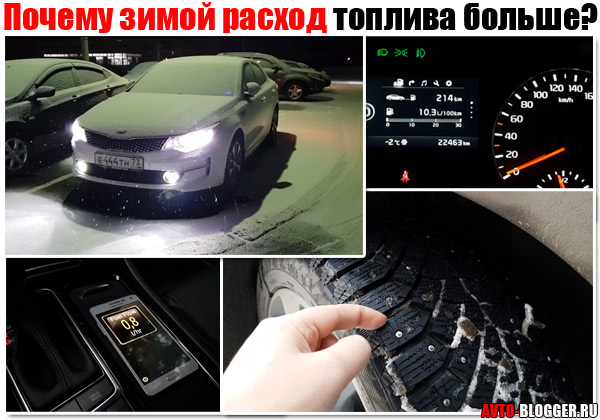
Why does fuel consumption increase in winter? Gasoline and diesel
Winter brings with it not only New Year and Christmas holidays, for drivers it is a difficult time in all respects, and this affects the wallet due to increased fuel consumption.
Small car drivers may not notice this difference if they prefer to use their car as little as possible in winter, but people who actually spend a lot of time behind the wheel may find that the engine has become more fuel efficient.
What is the reason for the increased fuel consumption in winter? There are many reasons that can be given. Let's name the most basic ones.
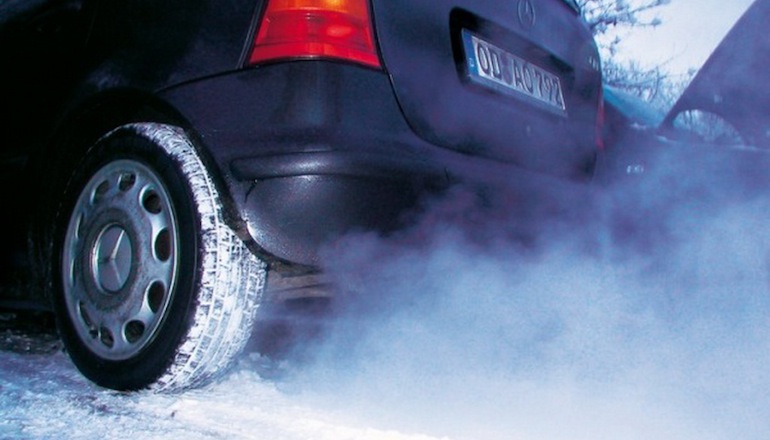
First, starting on a cold engine, as experts calculated, is equivalent to a run of 800 kilometers - it affects the engine so badly. To avoid such negative consequences, the engine needs to be warmed up at least a little, that is, left to idle for a while.
If the car is in a heated garage, then you are lucky, but those people who leave the car under the windows of the house on the street are forced to wait at least ten minutes until the temperature in the engine rises.
It is so difficult to start a car in winter, because all liquids thicken and become more viscous, in addition, the battery can be pretty discharged overnight. Also, due to the fact that the intake manifold is cold, the air does not mix well with the fuel and does not ignite.
If you do not have a garage, then bring the battery into heat at least for the night, and in the morning you can pour boiling water over the collector. Do not immediately start the engine, but simply turn on the ignition and turn on the dipped and main beam several times to disperse the battery. You can also use special additives, such as “Cold Start” or “Quick Start”, they contain essential substances and the car starts much faster. But still, due to the morning warm-up of the engine, the consumption increases by up to 20 percent.
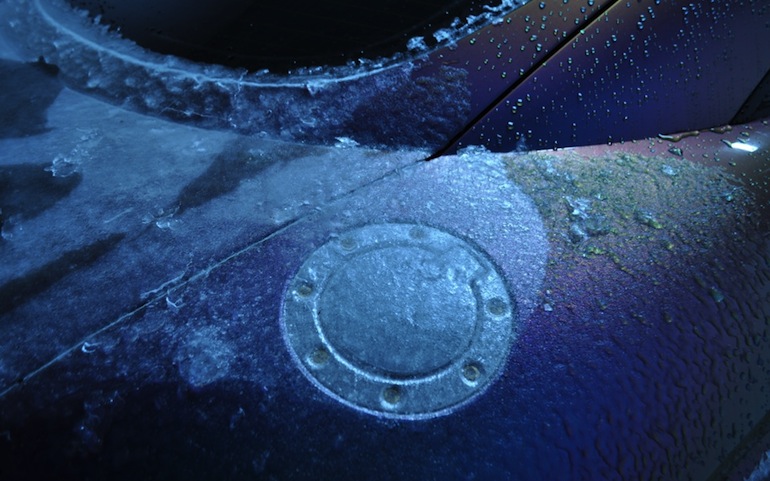
Secondly, even if you manage to start the engine, you can’t drive through snowdrifts at the same speeds as in summer. The overall speed in winter decreases, and as you know, the most optimal fuel consumption occurs at speeds of 80-90 km / h in high gears. When the road looks like an ice arena, you have to move very carefully, especially outside the city, where road services do not always cope with their work.
Thirdly, gasoline consumption also increases due to the quality of the road surface. Even if you have installed good winter tires, the tires still have to divert more slush and “porridge”, all this sticks to the wheels and creates rolling resistance.
Also, many drivers reduce tire pressure for the winter period, citing the fact that stability is increased in this way. This is indeed true, but at the same time the consumption increases - by 3-5 percent.
An important factor is the energy load. After all, in the winter you want the car to be warm, the heating is always on. With high humidity in the cabin, the air conditioner helps to fight, because when you go into heat from the cold, a lot of moisture evaporates from your clothes and body, as a result, the windows sweat, condensation appears. Heated seats, rear-view mirrors, rear window are also constantly on - and all this also consumes a lot of energy, hence the increased consumption.
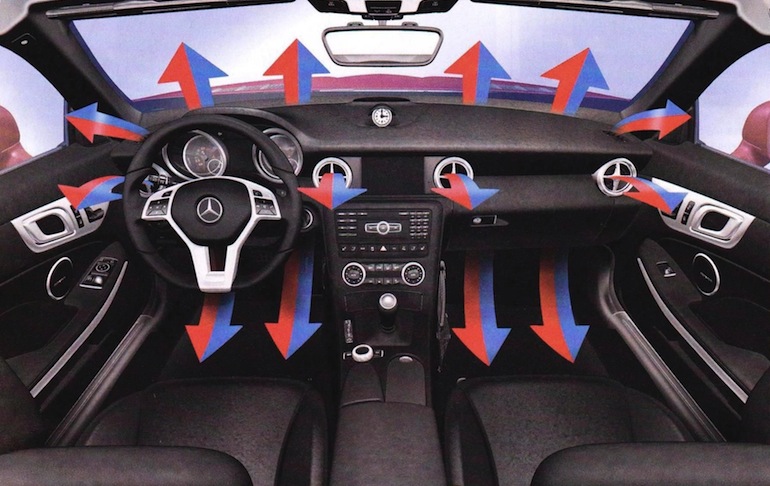
It is necessary to check the technical condition of the engine even before the onset of cold weather. The wear of pistons and piston rings leads to a decrease in compression, power drops, you have to put more pressure on the accelerator, consumption will increase not only in winter, but even in summer for this reason.
Also keep in mind that gasoline shrinks at low temperatures. Even if during the day it is +10, and at night the frosts are down to -5 degrees, then the volume of gasoline in the tank can drop by several percent.
Loading…

